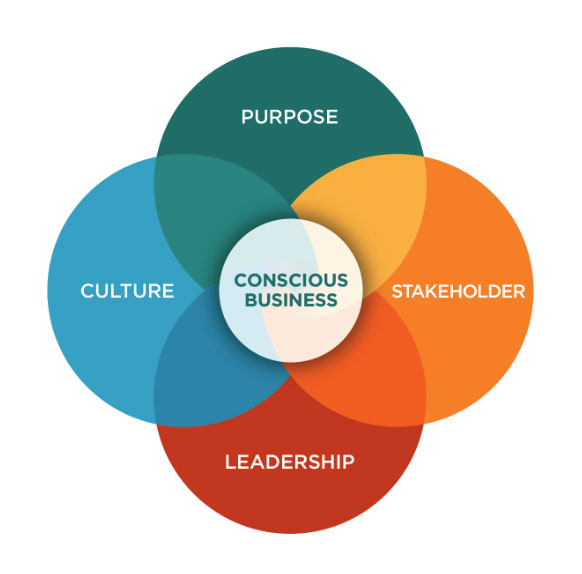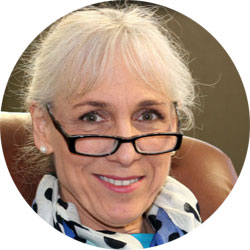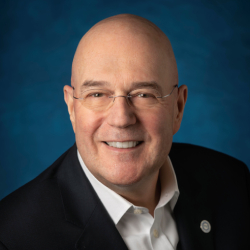Author: Glen McDermott
-

Principles of Conscious Capitalism
Conscious Capitalism has 4 principles. Conscious Leadership, a Higher Purpose, a responsibility to every Stakeholder and a Conscious Culture. As Raj and John say they are all connected with each other and you can’t separate them out they all go together. My favorite part though is Conscious Culture. No matter what your perspective or political…
-
Horse Leadership
Gavin Watson I have been reading Mismatch by Ronald Giphart and Mark van Vugt. The following are some ideas I gleaned from the section about the mismatch in the work environment. The book is about the mismatch between the environment in which we were “designed” by evolution and the environment in which we now live…
-
Energy Savings at Watson Inc.
Gavin Watson In March of 2019 we sold our family business Watson Inc. to an Irish food company Glanbia PLC. Watson is a nutritional food ingredients company in West haven CT with 330 employees, 100 million in sales and about 10 million in profits. We sold Watson for $89 million. Glanbia has kept the facilities…
-

Marna Wilber
Marna Wilber Board Member About I have always been entrepreneurial. My career has taken me to many start-up companies where I was among the first 10 employees or the first person in a new start-up position in a large established company seeking to progress and build something new. I like to build things. Today, after…
-

Gavin Watson
Gavin Watson Chair Why do we need a new way of doing business? Because the current management and business practices that most companies are practicing today are at least 100years old. In that time two things have happened. First the world moves much more quickly now and secondly we have learned a lot about the…
-
Introversion and Leadership
Gavin Watson I am reading “Quiet” by Susan Cain. It was recommended to me by Allison Holzer one of the co-board members of our Conscious Capitalism group in Connecticut. Quiet is about “The power of introverts in a world that can’t stop talking.” There are many notable observations that Cain makes and I am only…
-

Kathy Saint
Kathy Saint Board Member Why do we need a new way of doing business? Wow. No short answer to this question but, let’s start with this… Growth is not necessarily good and it is most certainly not sustainable. Measuring the health of global economies by whether we are experiencing growth, ignores the fact that the…
-

Glen McDermott
Glen McDermott Executive Director Why do we need a new way of doing business? The earlier versions of capitalism had the effect of creating a huge middle class and a sense of shared prosperity. These benefits were best described by the slogan “the rising tide lifts all boats”. The sense of fairness and equity had…
-

Larry Bingaman
Larry Bingaman Chair Emeritus Why do we need a new way of doing business? There is a serious income disparity in our country that will have dire consequences if not addressed. It is simply not sustainable to have an economy where such a large portion of the population is left behind. Our country’s GDP may…
